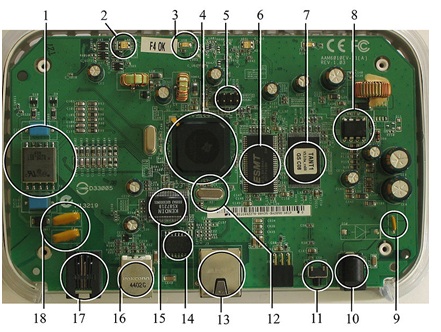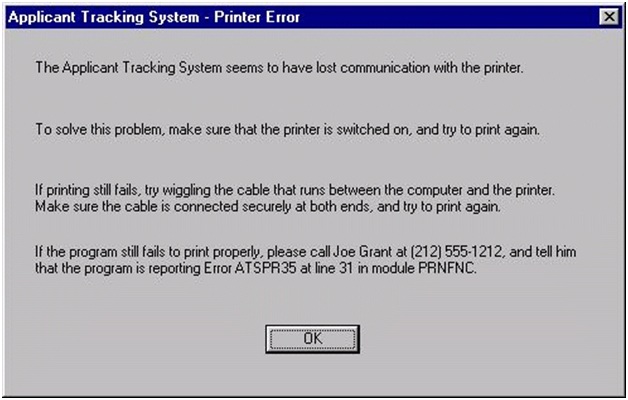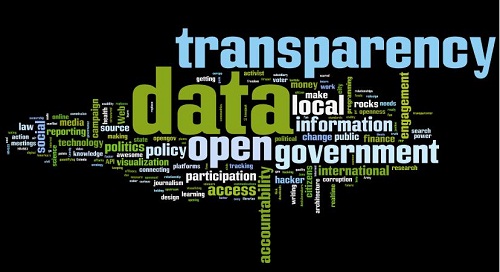Integrated Pest Management was first defined in the 1970s. The Food and Agriculture Organisation, a part of the UN, defines the aim of Integrated Pest Management as being able to have a crop grown as naturally as possible with the minimum use of man-made chemicals so as not to disturb the local ecosystems. The idea is to keep the use of pesticides to a minimum unless economically justified. They also encourage the use of natural pest-control measures. Continue reading Integrated Pest Management (IPM): The Key to Success in 2016
Category Archives: Tips and Ideas
Hallway flooring: 4 great solutions
When you open the front door to guests, the first impression they have of your home is formed by the entrance hallway. Given that most people make their minds up about a place within seconds of walking in, it pays to make sure your hall makes a positive statement. Continue reading Hallway flooring: 4 great solutions
British economy boosted by soft drinks sector
According to a new report produced by Oxford Economics, £11bn is contributed to the UK economy and over 340,000 jobs are created by the soft drinks industry. Continue reading British economy boosted by soft drinks sector
Embedded Systems: Securing the Future
With embedded systems increasingly tending to boast internet connectivity, new features and possibilities are appearing all the time. However, this trend is also increasing security concerns, leading those in the industry to ask some very serious questions about how to ensure security evolves fast enough to stay in step. Continue reading Embedded Systems: Securing the Future
Carney Dismisses “”Debt-Fuelled”” Recovery
The more pessimistic amongst economic commentators often claim that the UK’s economic recovery is being driven by high levels of corporate and personal debt.
Some have been saying that this is not the case however since 2014 and now the view is backed by Bank of England governor Mark Carney.
Private Sector Debt Is down
Carney says that private sector debt is down in the wake of the financial crisis as people and enterprises have used any spare money they may have to pay down debts rather than commit to more spending. However, he warns that household debt in the UK is still high and that levels are expected to continue to rise until the end of the decade.
When the cost of servicing debt accounts for more than 35 per cent of household income Mr Carney warns that it starts to become dangerous. It’s at these levels where people may be struggling to pay their debts and start looking for solutions like IVA’s arranged through companies such as www.carringtondean.com and others to resolve their problems.
Market Optimism
The appearance of some recovery in the economy combined with continued low interest rates has seen many people becoming more willing to borrow to make large purchases like cars and home improvements. New car sales reached record levels in 2015. Whilst this is partly driven by debt it’s also down to people taking advantage of the new pension freedoms to withdraw money from their funds.
In the wake of the economic crisis both individuals and consumers were averse to taking risks, but Carney sees the UK returning to a more normal environment with the rise in consumer credit. He also says that the retail banking sector remains profitable despite a toughening up of capital rules and lending requirements.
Economic growth did slow a little at the end of 2015, which contributed to the Bank of England’s decision not to raise interest rates. Continued uncertainty in world stock markets as we enter 2016 means that rates are likely to stay low for some time. This is bad news for savers who are seeing little return on their investments, but good for borrowers. However, people taking on larger debts like mortgages need to be aware that rates will rise eventually and ensure that they’re able to meet higher repayments when that happens.
Software Errors Cost the US Economy Billions of Dollars
It’s easy to think of software bugs as nothing more than a minor irritation. But if you look at the cost of them in terms of inconvenience and lost business, they can be a major problem with significant costs for both businesses and individuals. Continue reading Software Errors Cost the US Economy Billions of Dollars
Earthworms actually accelerate soil remediation
The removal of contaminants and pollutants from soil has long posed a serious challenge. So-called brownfield land presents a tempting offer for investors in construction. “Brownfield” indicates that the land was previously used for industrial purposes and is likely to be polluted, but once it is cleaned up, it can prove a much cheaper construction option than unpolluted sites. Continue reading Earthworms actually accelerate soil remediation
Open Data, innovation and entrepreneurship
McKinsey Global Institute published a few days ago the findings of its study on Open Data, with clearly enlightening results: the existence of open data can improve the provision of services, government transparency, and the possibilities of companies. Something that also can be measured in figures: an increase of $3 billion in the US alone in the value of our societies seven key sectors: education, transportation, consumer products, electricity, fuel and gas, medicine, and the financial sector. Continue reading Open Data, innovation and entrepreneurship
RBS: Stark warnings of deflationary crisis
At first glance, deflation might seem like something to be welcomed. The idea of prices coming down will be seen in a positive light by consumers who want cheaper grocery bills and petrol. Continue reading RBS: Stark warnings of deflationary crisis
Rusty Radiator? Get Ready to Get the Towels Out!
Did you know that when you buy a new radiator they come with a basic coat of primer but that you should really give them another coat of paint to prevent corrosion? Most people don’t. Continue reading Rusty Radiator? Get Ready to Get the Towels Out!









